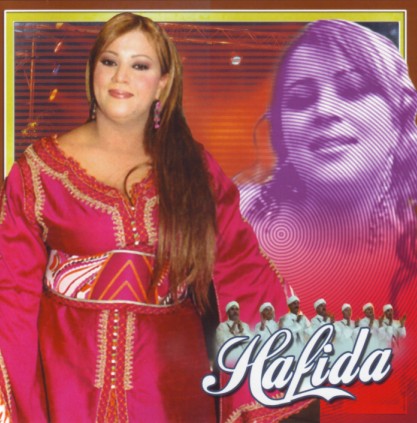
Eddie Stats got it right in this week’s Ghetto Palms over at The Fader: “I actually can’t think of a better soundtrack for this moment that’s unfolding in Egypt, Jordan and Tunisia than the saaidi hardcore of my longtime (and I mean loooongtime) homegirl DJ Mutamassik.”
You’ll need to scroll down, but here’s an excerpt from Mutamassik on the making of her album — on the conditions in which it was made:
“…Going from a predominantly raw urban experience (see: childbirth on Medicaid in Brooklyn, many etcs.) to a raw, rough, rugged rural experience has taught me many things.
Let me give props where props are due: A decade plus+ in the streets of New York City and Cairo cut my teeth; half that time in Nature, however, has kicked my ass. Not just once, but continuously. This has been a boot camp. If inner city life made me hard, Nature made me harder. [. . .]
{The American gear (which 99% of our gear is, brought over from N.Y. on a ship with the entire $5,000 given to us by the U.S. government for being hard-working, poor and with child) is converted and stabilized by voltage transformers used by the U.S. military in the hairiest parts of Afghanistan–not proud, just real}. There is no central heating. We go deep into the forest to collect firewood, chop trees, burn burn burn. We make fires to stay warm (9 months out of 12). CAVEmen-style. . . Our only form of transportation has been our son’s stroller which we used well after he started walking to haul up large tanks of cooking gas. From it’s beginnings on Atlantic Avenue, and after many brutal years of international service as person, baggage, tank, garbage rickshaw, it has once again been recycled as a safe home for cats. {Note: None of this new or harsh to anyone but us city slickers/urbanites/suburbanites/industrialites}.
We have a relationship to Nature that is mostly not Soft, Ethereal, Romantic as somehow propagated by Dabbling-Vegan-Hallmark-Hippies, but rather Tense, Negotiating, Respectful…Intense. “
Bonus points if you have a copy of WAR BOOTY, her 12″ EP that I released on Soot a decade ago. Now a super sold out collectors item, the original vinyl came with rough cardboard record jackets that had the Arabic word for ‘soot’ branded into them. I lit two kitchens on fire doing it.



Over here at Mudd, I’ve re-upped a classic Oum Koulsom MP3, head here to grab it. Of Koulsom, I wrote:
“…this incandescent Egyptian, whose songs move her listeners with tidal force, leading orchestras (composed of the usual suspects plus Abdel Wahab’s new friend: the electric guitar) in swooning iterations of song and theme, reacting to audience response/requests, cycling through stanzas for hours (Americans wouldn’t call it progress but we are certainly going somewhere, the same words or notes arrive but they mean different each time), emotional eddies make the river flow. Her popularity & impact remains vast, nearly compulsory, undemocratic.”













